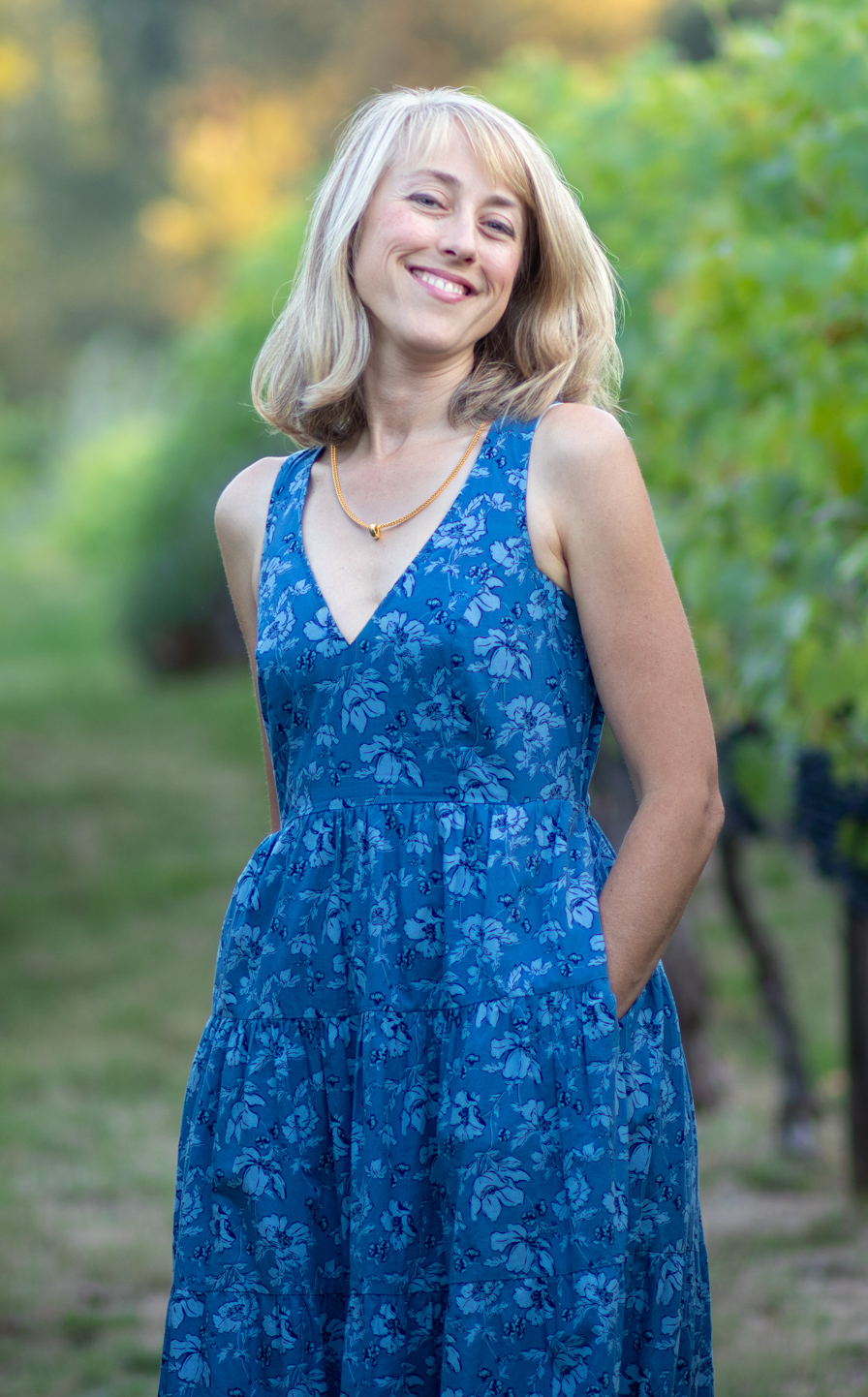
Hi, I'm Antonia and I know what it's like to grapple with chronic low supply & even lower spirits . . .
In my late thirties, I was a busy graduate student and an exhausted but jubilant first time mother when I unexpectedly confronted chronic low milk supply. Why is this happening? I wondered. Getting pregnant had been easy. I considered myself healthy. A relentless search for answers outcompeted my joy like invasive English Ivy choking a native Douglas Fir.
Not a single health provider had discussed or acknowledged my obvious risk factors for low milk. In fact, during an appointment with a midwife filling in for my obstetrician, I brought up a pregnancy anomaly that was troubling me. I shared with her my suspicion that it could lead to potential supply problems.
She casually dismissed my concern.
During the mentally and physically delicate postpartum period, I learned that I wasn’t producing enough milk. I marveled at my newborn’s small, perfect body while a sense of betrayal by my own body grew. My eyes were red from frequent crying. Pumping after every nursing session -- and power pumping in addition -- ate up time I needed for sleep. Add my demanding graduate school studies on top of all this, and each day felt like a dissertation on disaster.
I felt profoundly isolated from other new mothers who did not have the same problem. For those of us who planned to breastfeed exclusively, not being able to do so can feel overwhelming and disorienting.
Meanwhile the breastfeeding industry was promoting myths and spreading disinformation. The books I read about breastfeeding claimed, erroneously, that supply problems were the result of breastfeeding mismanagement. It was enraging, to be honest.
Like the medical provider I encountered, these authors failed to acknowledge that women like you and I exist -- mothers who do everything right and still do not produce enough milk. I spent countless hours digging through research and talking with healthcare professionals to find answers.
As a result of my experience, I have developed a highly specialized, one-of-a-kind group program to address the acute and specific needs of new mothers with chronic low milk supply. If you are struggling -- as so many mothers with insufficient milk do -- I invite you to sign up for my group. My mission is to change women's experience of chronic low milk supply. Feeding baby when you have this condition can be very emotionally taxing. But it doesn't have to be an exercise in despair. It’s not about just surviving; we can also make it a time for thriving. We'll cry together, sure, and curse. And make one another laugh, of course. But did you know that mothers with chronic low milk supply who come together create an alchemy that lights up dark winter nights and makes summer starlight shimmer?
Counselor ~ Mentor ~ Coach
I am in awe of human resilience. I have both experienced and witnessed the human capacity to heal following trauma and loss. I believe each of us is capable of extraordinary strength, yet cultivating that strength can be difficult without help. I believe everyone has intrinsic worth. I believe there is no problem too great or too small for counseling or coaching. What do you believe?
You could say that as the daughter of a cardiologist, healing hearts runs in my family. Rather than follow the medical path, I have always been interested in those inner reaches of the heart that are invisible to the eye and best accessed through literature, art, music and psychotherapy. In my past professional work as an award-winning journalist, my role often involved describing individual and community struggles. I love the rigors of writing and research, but over time I found myself increasingly drawn toward a desire to help people directly rather than disseminate information about human suffering.
I earned my Masters of Science in Couples, Marriage and Family Counseling from Portland State University. Recently I added mental health coaching as an additional professional skill.
I am a Portland, Ore. native and live with my husband, our two wonderful daughters, and a chicken on the slopes of Mt. Tabor, a dormant volcano. Despite my struggles with chronic low milk supply, I breastfed both of my daughters for a combined six years. In addition to working in the mental health and coaching fields, I am a musician, writer, and visual artist who finds rejuvenation in the magnificent outdoors.